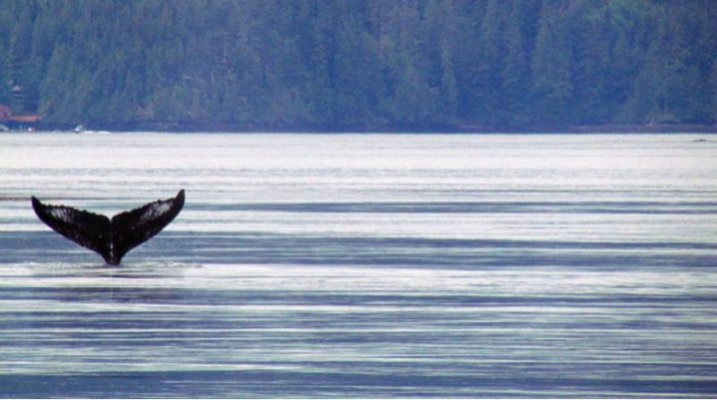Gary--- Every person on this forum started out not knowing anything about boats or boating. So we've all learned in some way or another.
You actually have more experience on the water under your belt than a lot of people who desire to get into cruising. So for you, the decision is more what type of boat to get and when, not so much whether or not it's a good idea for you to pursue in the first place.
We all approach things based on past experiences. I grew up in Hawaii and until I moved here (PNW) all my boating experience was in the open ocean except for a summer of lake experience on Michigan and Superior and wee bit of river experience in another part of the world. While I enjoyed the blue water fishing and sailing at the time, I've been there, done that, and got the T-shirt on that kind of boating and I have no desire whatsoever to ever do it again. My idea of boating heaven is the inside salt water of NW Washington, British Columbia, and SE Alaska. So everything my wife and I do in boating is geared toward that specific part of the world and the boats we have are designed perfectly for that kind of water.
If someone held a gun to may head and said I had to boat on the east coast or the gulf or they'd pull the trigger I'd be afraid of hurricanes, too, and what to do with our larger boat if one happened along. I'm forever thankful I had no desire to live in that part of the country and so don't have to deal with that particular problem. But I can certainly sympathize with your concern.
From your stated plan of spending the next several years cruising the coastal waters of the east coast before tackling something bigger, I wonder if the notion that my good friend Carey suggested earlier in this thread is the way to go: starting out with a good but smaller boat of the basic type you are drawn to--- single engine displacement of which the Willard is a prime example-- and doing your solo coastal cruising in that.
Willards were made in several sizes--- I think the smallest is 30 feet but I've seen some really neat models that are in the mid to upper 30s in length--- and there are other boat makes that might meet your requirements as well. Eric Henning of this forum just brought his 30' Willard from his previous home in SE Alaska down the Passage to his new home here in Washington. So these boats are certainly capable of some impressive cruises.
The nice thing about acquiring a smaller boat like a Willard at this point is that you won't be into the boat for a ton of money, which should mean that a buyer later on won't have to cough up a ton of money to buy it from you, and its lower ownership costs should allow you to put more funds toward a larger boat should you reach that stage in your boating adventures.
But the bottom line is there is no formula or set path for getting into cruising. It's an evolutionary path and everyone's is different. So don't take all the advice and and "you should's" on forums like this too seriously. There will be some suggestions that are worth noting but in the end it will be something that you will work out one step at a time.
Most of us got into boating before there was an internet, or at least before there were forums like this one. In some ways, maybe we had it better as we weren't being bombarded with opinionated suggestions from people we'd never heard of and who we had no idea if they knew what they were talking about or not. So we tried this and tried that and talked to people we met in person along the way and followed our instinct and logic and common sense and here we are.
So maybe the thing to do is duplicate that "old time" learning curve. Turn off the wifi, turn off the computer, turn the sound down on all the the digital "help" you're getting, and just start exploring your idea. Information is great, but too much information more often than not leads to confusion, indecision, and ultimately, inaction. Which is not how you get anything done, let alone pursue a dream.
I made up my mind to move from Hawaii to the Pacific Northwest while standing on the aft deck of the BC ferry
Queen of Prince Rupert in August, 1977 at the top of the Inside Passage when the fog burned off and revealed an amazing landscape of mountains, waterfalls, islands, and incredible green saltwater channels teeming with life.. I didn't ask anyone's advice about moving. I didn't ask for reviews about moving. I didn't ask anyone the best way to get into moving. I didn't ask anyone how I should move or what kind of packing crate was best, mahogany or pine. I weighed the pros and cons in my mind, felt that my gut told me it was the right decision, and did it.
I'm wondering if maybe that's what you need to do with regards to your desire to take up cruising.





